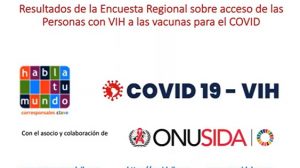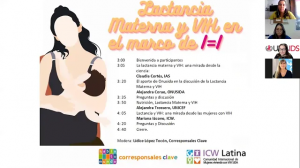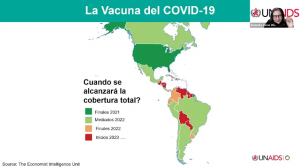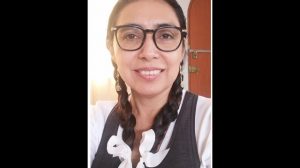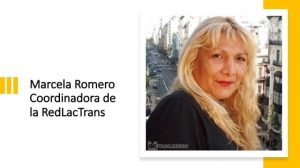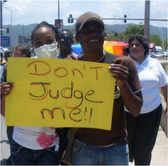 It is not unusual for people from key populations in the Caribbean to participate in the AIDS response without being openly visible. NGOs or CBOs rarely use a name which makes a direct reference to their target group. McKnight referred to this as a step-by-step process. CCMs and RCMs are not yet safe places within which to be visible; neither unfortunately are many other AIDS-related decision-making spaces in the Caribbean.
It is not unusual for people from key populations in the Caribbean to participate in the AIDS response without being openly visible. NGOs or CBOs rarely use a name which makes a direct reference to their target group. McKnight referred to this as a step-by-step process. CCMs and RCMs are not yet safe places within which to be visible; neither unfortunately are many other AIDS-related decision-making spaces in the Caribbean.
However, he emphasised that representatives of key populations need to increase their visibility and speak for themselves. For instance, gay men, transgenders and sex workers participate only in the CCM in Jamaica; in the CCMs in Suriname, Belize, Guyana and Haiti the only key population to be represented are gay men; and no CCM in the Caribbean includes the participation of drug users.
McKnight described the first reactions of CCM members when some of these populations were invited to participate in the CCM (or in some cases, just when their participation was under discussion): they ranged from discomfort to outward prejudice, and the perception that gay and issues related to men who have seex with men is an agenda being being imposed by international organisations with no understanding of the Caribbean. Some went so far as to say that ‘surely it is a contradiction to invite men who are engaging in illicit behaviour’ to a CCM meeting. It is important to remember that homesexuality and sex work are illegal in a large number of Caribbean countries.
McKnight was optimistic when pointing out that today’s CCMs reflect a mixed model, with individuals who are willing to be visible and some who are still not. He assured the audience that this will improve over time.
This presentation generated much interest and debate in the audience. It proves that there is willingness and openness in the Caribbean to discuss these issues. But unfortunately this still runs parallel to a high rate of unpunished hate crimes against members of key populations.
A certain reluctance to promote legal changes was evident among the audience. The argument is that the basis is strongly cultural. However, this argument does not take into account the positive change for a population group upon the reform of a law penalising homosexuality or sex work,as is happening now in Latin America.
On the same panel, Andy Seale, Global Fund Gender Advisor, presented the Global Fund’s new strategy on Sexual Orientation and Gender Identity. This strategy makes reference to indicators and activities with transgenders, gay men and MSM which has allowed applicants to target their interventions at these populations in Round 10 proposals. Such a strategy shows that an evidence and human rights-based funding mechanism can act as catalyst for important changes.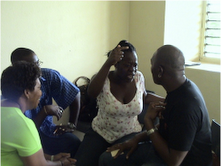
It is crucial to understand that most infections in Latin America and the Caribbean take place among people with bisexual behaviour; ie. men who have unprotected sex with other men and/or transgenders who also have a long-term relationship with a woman.
Until a more enabling environment is achieved in our countries, and we reduce violence and impunity, and reduce the levels of stigma and discrimination, the majority of members of key populations will continue to live in a context of vulnerability with poor access to health services.
But for now there is optimism in the Caribbean, some openness and much courage from a few who risk their lives daily so that they may live that life, openly.
English translation by Cecilia Dávila.





